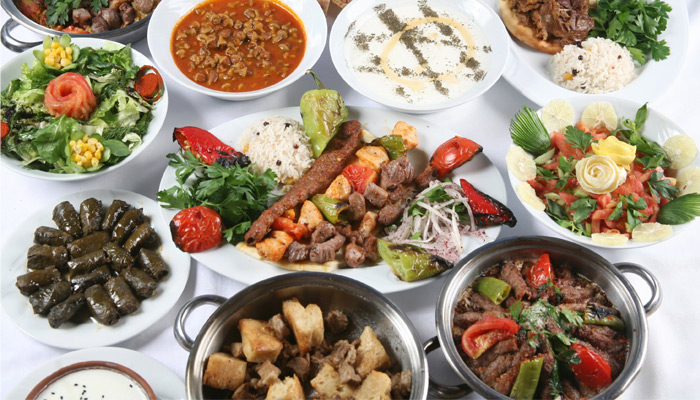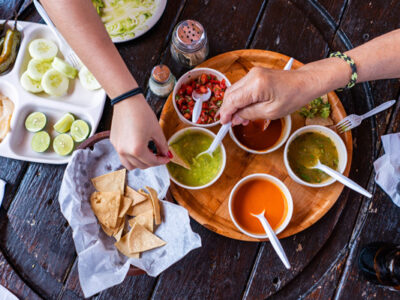Hello dear readers! Today, I will talk about the developments in the field of social gastronomy that have become increasingly popular in Turkey, combined with the rich cultural heritage of the country.
Social gastronomy is a concept that has gained popularity in recent years. In this journey where taste, cultural connections, and social interactions come together, Turkey offers a unique experience.
Turkish cuisine has been shaped by various cultures throughout history. Turkey, with its long history, has been home to many civilizations such as the Hittites, Phrygians, Lydians, Romans, Byzantines, Selcuks, and Ottomans on Anatolian lands. The culinary cultures and flavors of these different cultures still form the basis of Turkish cuisine today.
Social gastronomy focuses not only on enjoying delicious meals but also on the production processes and social interactions of these meals. There are many projects and initiatives related to social gastronomy in various regions of Turkey. Especially in rural areas, women’s cooperatives and non-governmental organizations support the production of local products, increase women’s employment, and contribute to the local economy. In this way, traditional recipes are preserved, and social development goals are supported.
One of the most important projects in social gastronomy in Turkey is the “Gastronomy Cities” project. Within the scope of this project, various provinces of Turkey are introduced with their unique culinary cultures. For example, Gaziantep is famous for its delicious baklava and kebabs. Antep pistachios are also grown in this region and add flavor to many dishes. Diyarbakır is known for its famous raw meatballs (çiğ köfte) and stuffed grape leaves (kuru dolma). The unique flavors of each province and their projects related to social gastronomy highlight Turkey’s rich cuisine and cultural diversity.
Another important aspect of social gastronomy is the support for local producers and sustainable agriculture. Turkey has great potential in terms of agriculture and animal husbandry. However, in order to compete in global markets and create a sustainable agricultural sector, local producers need support. Social gastronomy projects provide a great opportunity to promote local products, encourage conscious consumption in the agricultural field, and popularize environmentally friendly farming methods.
Turkey’s achievements in the field of social gastronomy also attract attention on international platforms. For example, UNESCO has declared Turkish coffee as the “intangible cultural heritage of humanity.” Additionally, Gaziantep cuisine has been included in the “Creative Cities Network,” gaining international recognition. Such international promotions demonstrate Turkey’s strength and potential in the field of social gastronomy.
In conclusion, when social gastronomy merges with Turkey’s rich cultural heritage, it offers a delicious journey. Turkish cuisine has been shaped by different civilizations throughout history, creating unique flavors. Social gastronomy projects play an important role in supporting local producers, increasing women’s employment, and promoting sustainable agriculture. Turkey’s achievements in social gastronomy are also appreciated internationally. You can join this delicious journey of Turkey and enjoy the benefits of social gastronomy on your next trip. I wish you a pleasant journey!













